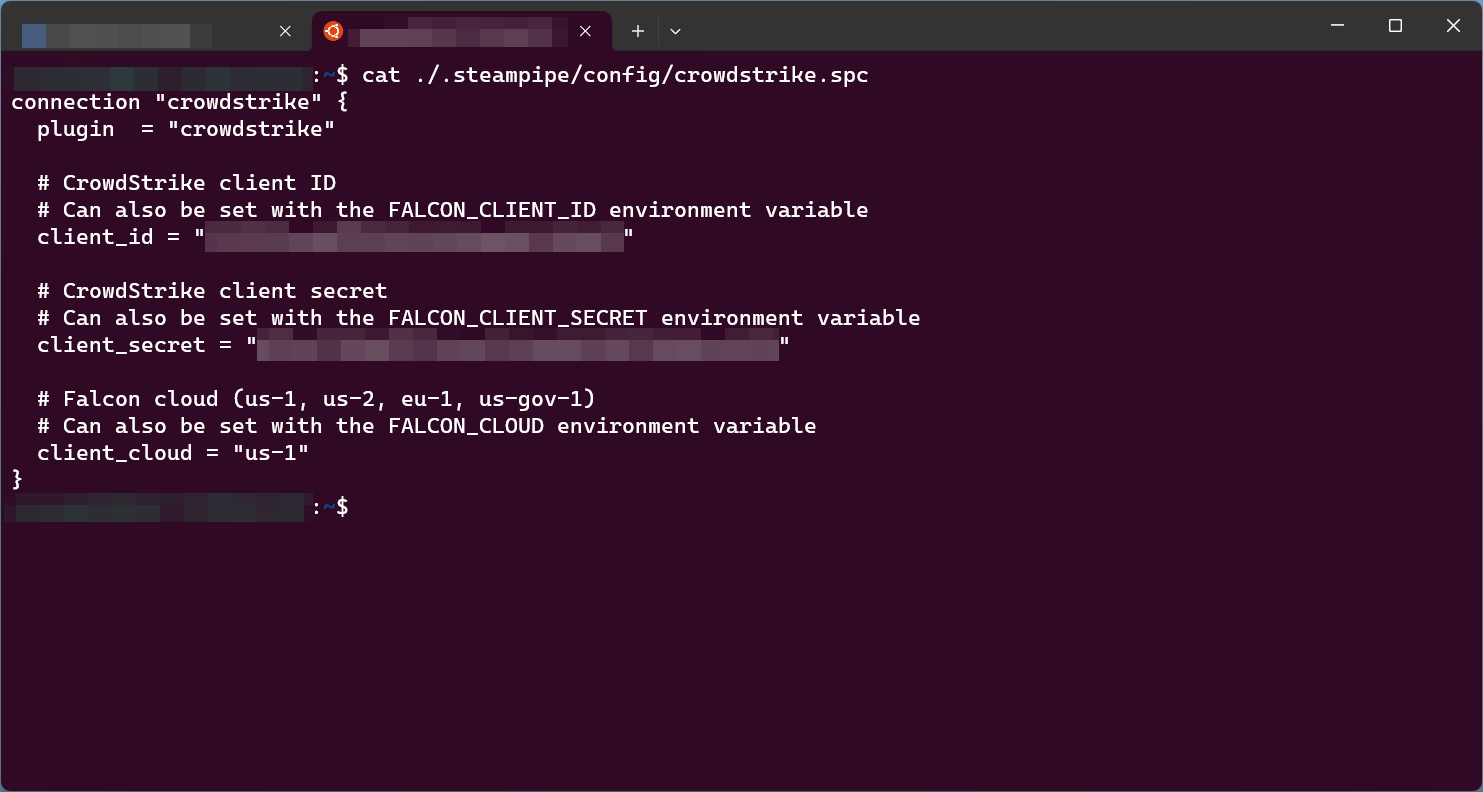this post was submitted on 24 Mar 2025
11 points (100.0% liked)
Cybersecurity
6869 readers
58 users here now
c/cybersecurity is a community centered on the cybersecurity and information security profession. You can come here to discuss news, post something interesting, or just chat with others.
THE RULES
Instance Rules
- Be respectful. Everyone should feel welcome here.
- No bigotry - including racism, sexism, ableism, homophobia, transphobia, or xenophobia.
- No Ads / Spamming.
- No pornography.
Community Rules
- Idk, keep it semi-professional?
- Nothing illegal. We're all ethical here.
- Rules will be added/redefined as necessary.
If you ask someone to hack your "friends" socials you're just going to get banned so don't do that.
Learn about hacking
Other security-related communities !databreaches@lemmy.zip !netsec@lemmy.world !securitynews@infosec.pub !cybersecurity@infosec.pub !pulse_of_truth@infosec.pub
Notable mention to !cybersecuritymemes@lemmy.world
founded 2 years ago
MODERATORS
you are viewing a single comment's thread
view the rest of the comments
view the rest of the comments

Sorry I'm new to lemmy, didn't see the screenshot, Yea if it's static creds locally I would use something simple like 1pass or sops and just make a wrapper to pull the data (after authenticating) and populate the needed environment variables. But if you have multiple connections with the same plugin it won't work. So you need to get creative on setting up per connection settings. Usually for that it's still stored in a secure storage but the config is rendered on startup using some simple bash or templating. The real advantage of steampipe for me is the aggregated connections, searching all Aws accounts for a resource Or dumping all r53 records with a simple query is a godsend. And adding tooling like redash make it even easier to drill down and share data